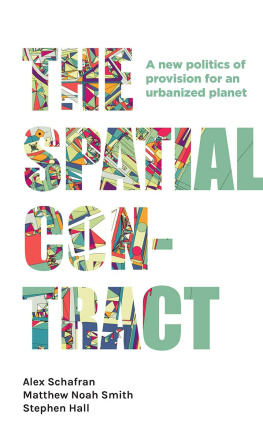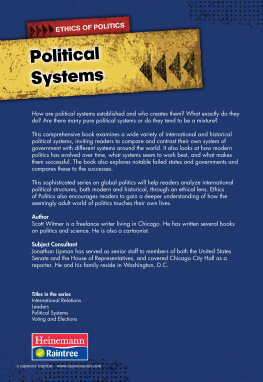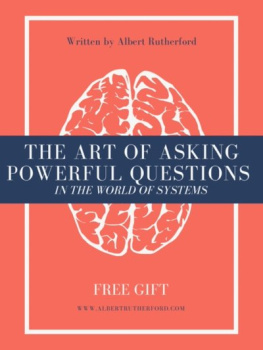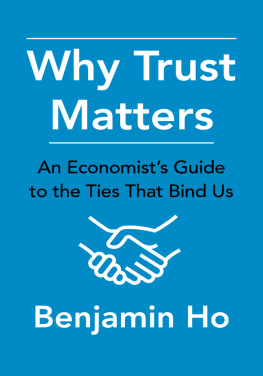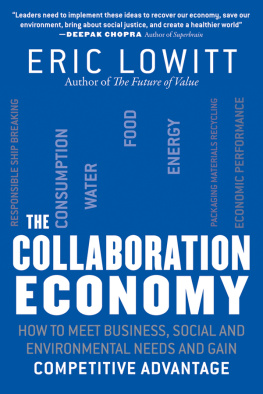The spatial contract
TheManchester Capitalismbook series
Manchester Capitalism is a series of books which follows the trail of money and power across the systems of our failing capitalism. The books make powerful interventions about who gets what and why in a research based and solidly argued way that is accessible for the concerned citizen. They go beyond critique of neo liberalism and its satellite knowledges to re-frame our problems and offer solutions about what is to be done.
Manchester was the city of Engels and Free Trade where the twin philosophies of collectivism and free market liberalism were elaborated. It is now the home of this venture in radical thinking that challenges self-serving elites. We see the provincial radicalism rooted here as the ideal place from which to cast a cold light on the big issues of economic renewal, financial reform and political mobilisation.
GENERAL EDITORS:
JULIE FROUD AND MICK MORAN
Already published:
The end of the experiment: From competition to the foundational economy
What a waste: Outsourcing and how it goes wrong
Licensed larceny: Infrastructure, financial extraction and the global South
The econocracy: The perils of leaving economics to the experts
Reckless opportunists: Elites at the end of the establishment
Foundational economy: The infrastructure of everyday life
Safe as houses: Private greed, political negligence and housing policy after Grenfell
The spatial contract
A new politics of provision for an urbanized planet
Alex Schafran, Matthew Noah Smith and Stephen Hall
Manchester University Press
Copyright Alex Schafran, Matthew Noah Smith and Stephen Hall 2020
The rights of Alex Schafran, Matthew Noah Smith and Stephen Hall to be identified as the authors of this work have been asserted by them in accordance with the Copyright, Designs and Patents Act 1988.
Published by Manchester University Press
Altrincham Street, Manchester M1 7JA
www.manchesteruniversitypress.co.uk
British Library Cataloguing-in-Publication Data
A catalogue record for this book is available from the British Library
ISBN 978 1 5261 4336 5 hardback
ISBN 978 1 5261 4337 2 paperback
First published 2020
The publisher has no responsibility for the persistence or accuracy of URLs for any external or third-party internet websites referred to in this book, and does not guarantee that any content on such websites is, or will remain, accurate or appropriate.
Cover design: Abbey Akanbi, Manchester University Press
Typeset by
Servis Filmsetting Ltd, Stockport, Cheshire
Contents
This book is an attempt to channel the energy and ideas of an incredibly diverse set of thinkers into a usable political, intellectual and analytical framework. It was born of a desire to help critical approaches to the world around us from political economy, urban studies, geography, philosophy, ecological economics and more to operationalize that criticality without succumbing to the temptation of ideology. It strives to be generally useful but resolutely non-universalistic.
While it is written by three academics an urban planner/ geographer, a political philosopher and an energy geographer we worked hard to tone down the argumentation in the text. We tried to make it less academic by generally avoiding debates with existing authors. Some may find this frustrating points of contention are either ignored, or consigned to the footnotes. We could have written an entire chapter defending our preference for vertical approaches, as opposed to horizontal approaches which focus on capitalism or neoliberalism, a decision that will no doubt anger many traditional political economists. We could have cited so many more people, written twice as many words, and engaged more deeply in debate and discussion, but we did not.
There were many reasons behind this decision. Manchester University Press contracted us to write a shorter (and cheaper) book, part of a trend in intellectual publishing that we support. Our goal was to try to articulate a set of ideas, not to debate with others or prove a point. We were also very conscious of who were are three white men from the USA and the UK writing a book of big ideas with a pretentious title that claims to be generally useful without being universalistic. We thus focus as much as possible on building upon the great work of others, rather than debating endlessly. We chose to cite living scholars doing amazing work whenever possible, instead of trying to prove our erudition by rehashing the ideas of long-dead men. When we did focus on those no longer with us, we focused on brilliant minds such as Elinor Ostrom and Iris Marion Young who deserve to be in the pantheon, rather than those who are already there. All three of us find great value in the traditions of critical political economy, and consider ourselves allies of so many great critical voices, but in order to try and produce something we felt was useful we had to tone down the debate.
This decision to write a pithy, forward-looking book also means that we skip over many, many things. We list ten holes in the framework in the conclusion, but obviously there are many more. A fifth chapter on a spatial analytical framework would have made sense, considering that two of us are geographers, but this would have taken a book on its own. Each of us would have added far more detail on our own, but what you are reading is fundamentally a compromise, a common space carved out between very different people from very different disciplines.
The authors would like to thank Tom Dark from Manchester University Press for his long-standing belief in the project. We would like to thank Karel Williams, Julie Froud and the late Mick Moran for agreeing to take this book on as part of the Manchester Capitalism series, and will forever remember our lone Skype call with Mick before he passed away far too soon. We would like to thank Julia Steinberger, Mark Davis, Zac Taylor, Alice Butler, Ricardo Cardoso and Karel Williams for immensely helpful comments on the draft manuscript. All errors and omissions remain our own.
A final thanks is due to our families, for incredible support on what became a multi-year transatlantic odyssey. We could not have come anywhere close to this book without you.
Let us begin with one of the basic systems that enable life: the water system. Depending on who you are and where you are, the water system will be different. Billions of people every day access water through a complex network of pipes and filters and pumps, often connected to a centralized system of treatment plants and aquifers. For too many people, the system for providing water is inadequate, expensive, unsafe and unreliable, but it is still a system even if it involves a family member taking buckets down to the river or a well.
We build, rebuild, repurpose and reimagine these water systems, and we do the same with other systems, such as those providing food, housing, healthcare, education, energy, waste disposal and so on. We do this because we rely on these systems. We rely on them not just to live, but in order to be able to act.
Philosophers call the capacity to act our agency. The first major argument of this book is that our agency is realized in systems we produce and reproduce. Being able to drink or bathe requires systems that provide water. The ability to cook requires systems that provide food, and often systems that provide fuel, stoves and water. The capacity to walk down the road does not just reside in our bodies. It is realized also in the roads we use when we walk down the road. These very roads also require further systems that produce and maintain them. This reliance on systems applies to most of the actions we take on a daily basis. We call all of the systems in which

